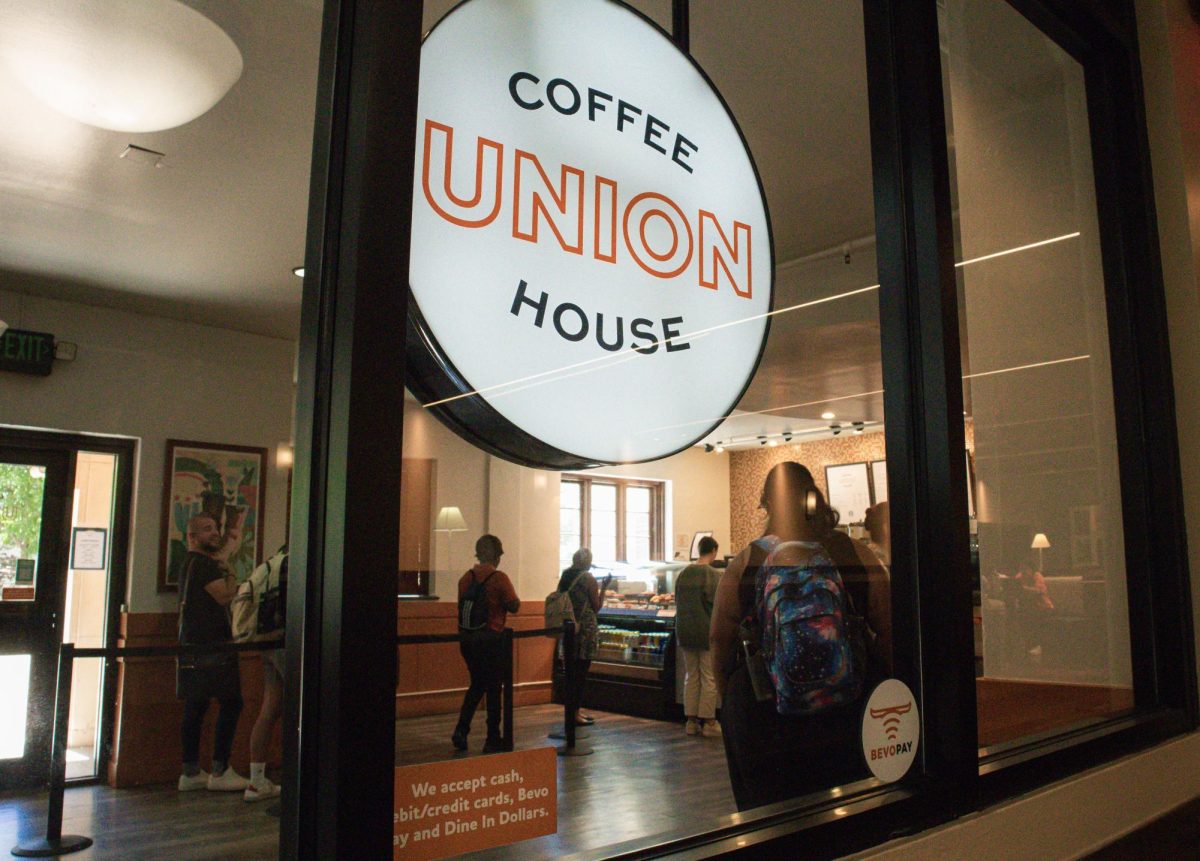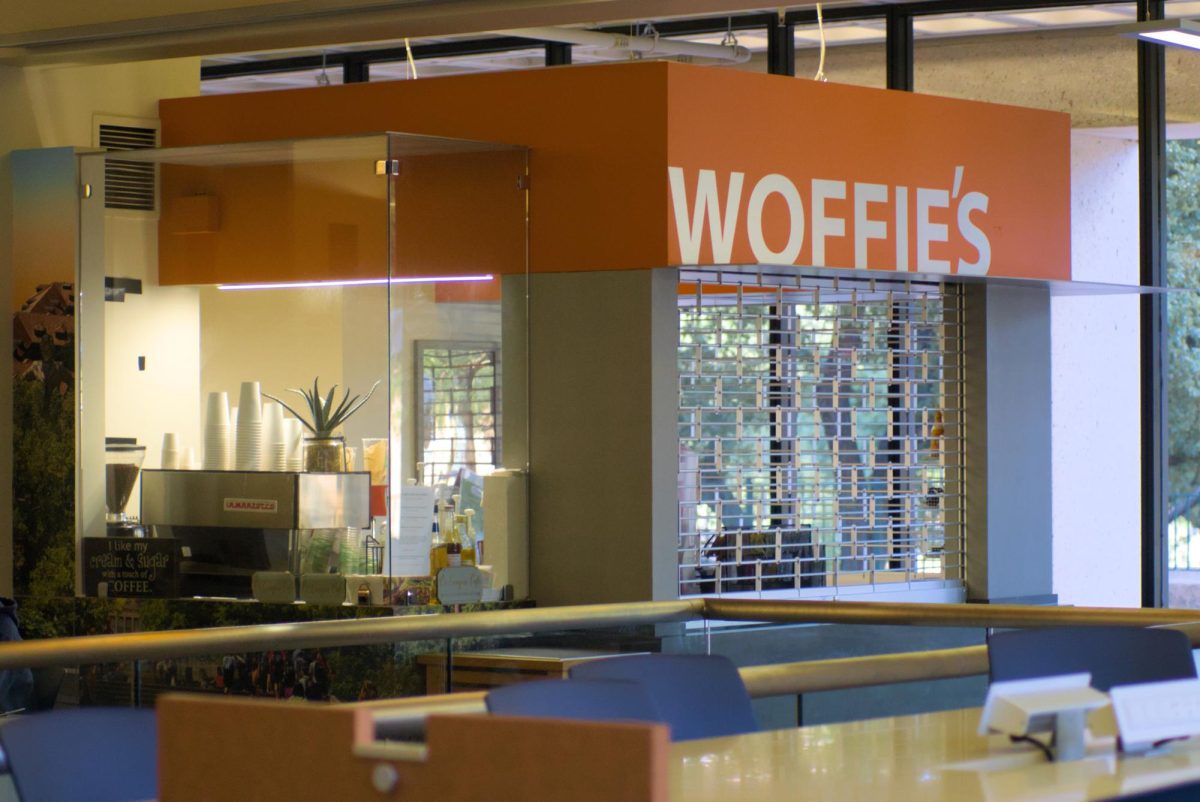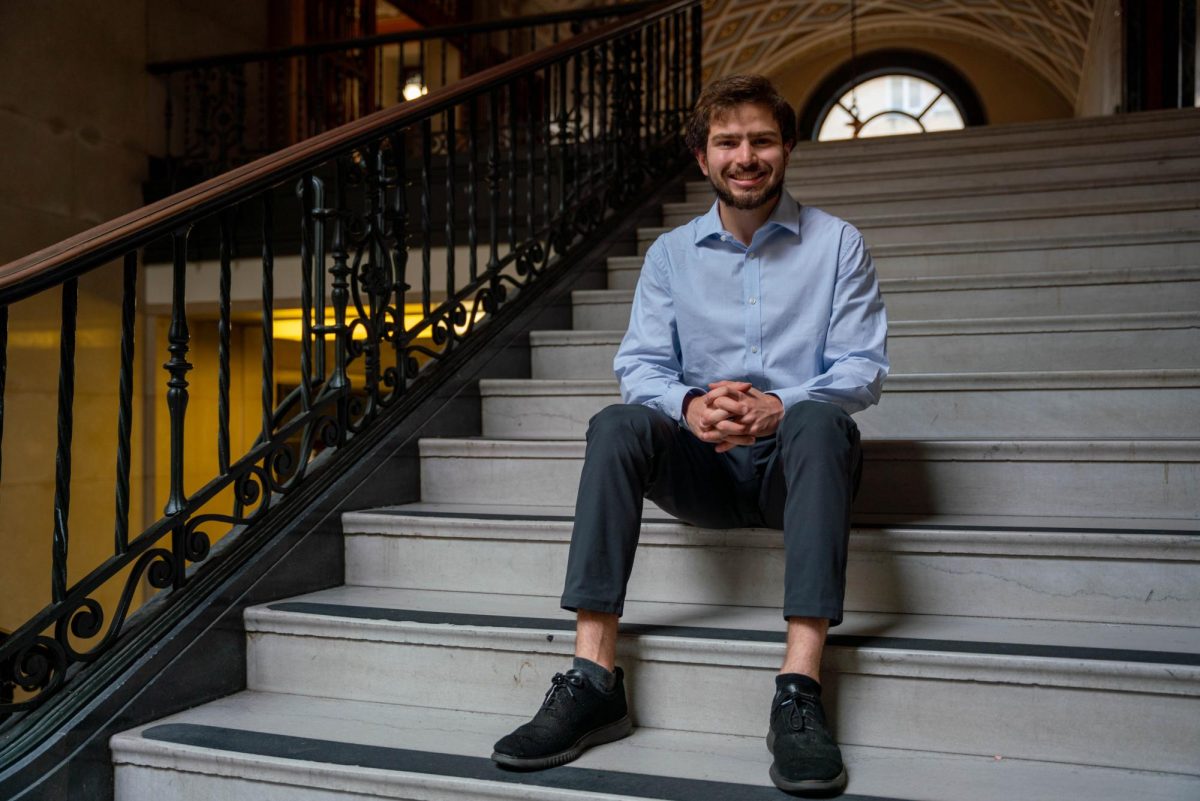A trio of UT engineers is preparing for the worst: nuclear disaster.
This August, Derek Haas, mechanical engineering assistant professor, started a research collaboration with the U.S. Air Force and two first-year nuclear engineering graduate students, Brandon De Luna and Marji Pasman.
Their research will allow the U.S. government to better detect radioactive material and prevent the use of nuclear weapons, Haas said.
“If a nuclear weapon was ever used in the United States, we want to understand how to tease out information that would be left over from that event and the government would use that in order to react to that event,” Haas said.
The team does this by using equipment at the J.J. Pickle Research Campus to create radioactive particles. They can then study the basic physics of these particles and then apply that information to the field of nuclear forensics, which deals with tracking nuclear materials.
The partnership began after Haas wrote a proposal in January and later connected with scientists at the Air Force Technical Applications Center in Florida. Haas said this research is useful for learning how to efficiently respond to a nuclear incident.
“This particular kind of research is the kind that you hope is never used because it means that a nuclear bomb has gone off,” Haas said. “It’s the kind of research that we need to do in order to make sure that if that ever did happen, we’ve got the techniques to respond to it.”
The research is part of a larger ongoing project sponsored by the Department of Homeland Security’s Domestic Nuclear Detection Office, which collaborates with academics around the country to conduct nuclear research, according to an Air Force press release.
Other than deterring the use of nuclear weapons, this research allows younger scientists to gain experience in the field, Haas said.
Pasman said she enjoys being able to work on this research because it incorporates subjects she is interested in, such as chemistry and physics.
“I was excited because it combines some of my interests, and it’s just a really cool science,” Pasman said.
De Luna said it gave him the opportunity to do work in radiochemistry, an area he had wanted to get involved in.
“The thing I most enjoy right now is ordering the things I’ve been modeling for the past year and actually seeing it come to fruition,” De Luna said. “We’re actually going to have it, build it and get to hold it.”
The team received funding for the next two years and plans to extend their work to five years.
A key goal of the overall project is to improve the nation’s abilities to monitor and collect data on radioactive and nuclear events and deter adversaries from secretly using these kinds of weapons.
“You want to develop the capabilities that make adversaries not want to test them,” Haas said.




















